WWF Switzerland sees hope in the face of a dying planet
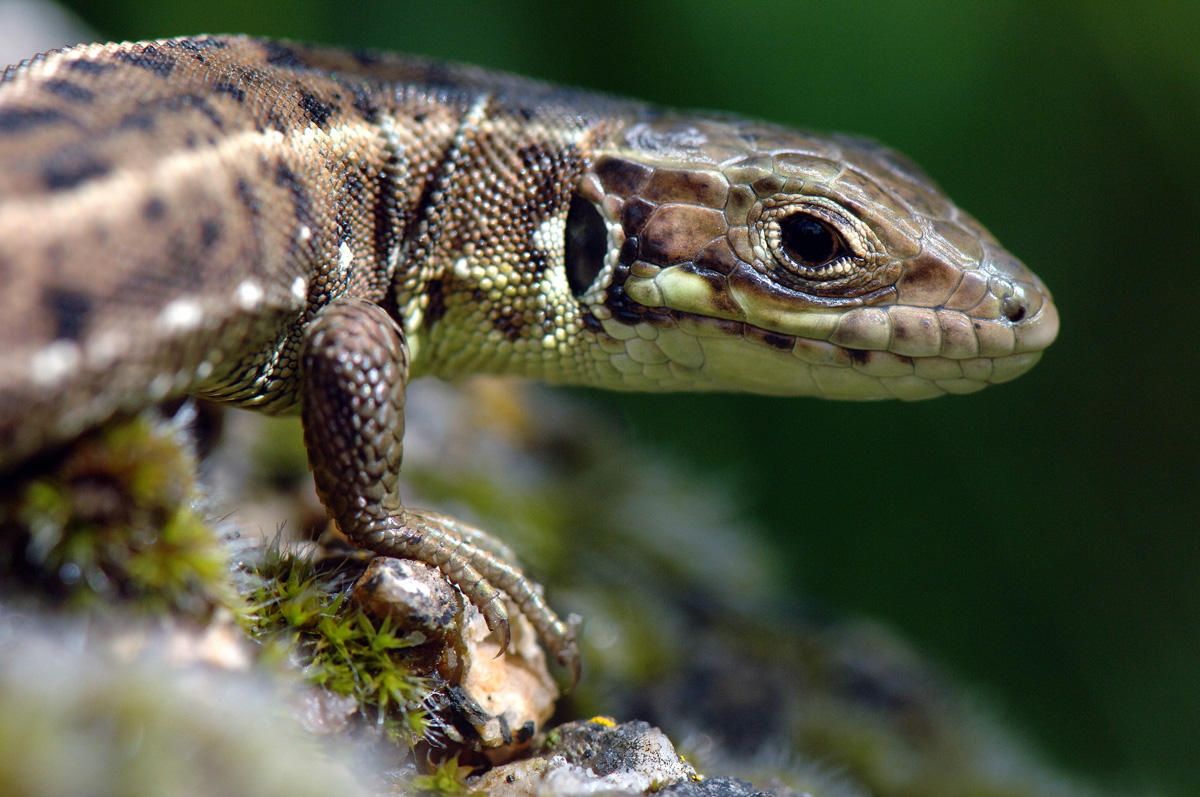
With the decline of animal species, the shrinkage of tropical rainforests and the loss of coral, the latest WWF study is a sober read.
In its biennial Living Planet ReportExternal link, published on Tuesday, WWF is calling for a “global agreement for nature” to reverse the trend that has seen animal populations shrink by 60% in 50 years.
“The Earth is on the verge of a burnout,” warns the environmental organization in a statement. The decline in biodiversity is greatest in tropical rainforests, rivers, lakes and wetlands.
The number of animals living in freshwater has plummeted 83% worldwide – and even 94% in Central and South America. In addition, 20% of the Amazon region has disappeared, while in the past 30 years the earth has lost nearly half of its corals.
Switzerland has the largest share of endangered species in the world: more than a third of plant, animal and fungi species are considered endangered and 255 species are already extinct. The quality of nature in areas inhabited by animals is decreasing, even in protected areas.
“But there’s still hope,” says WWF SwitzerlandExternal link, which has compiled a list of things that people can do to help improve the situation – things that swissinfo.ch has been reporting on over the years.
‘Eat consciously: A kilo of beef requires 70 times more land than a kilo of vegetables. In addition to being good for us, plant-based food is good for the earth. Give beets – and other vegetables – a chance.’ –WWF
As the demand for organic produce rises in Switzerland, consumers are also expressing interest in insects now that these are a legal food. The expensive products tend to sell better.
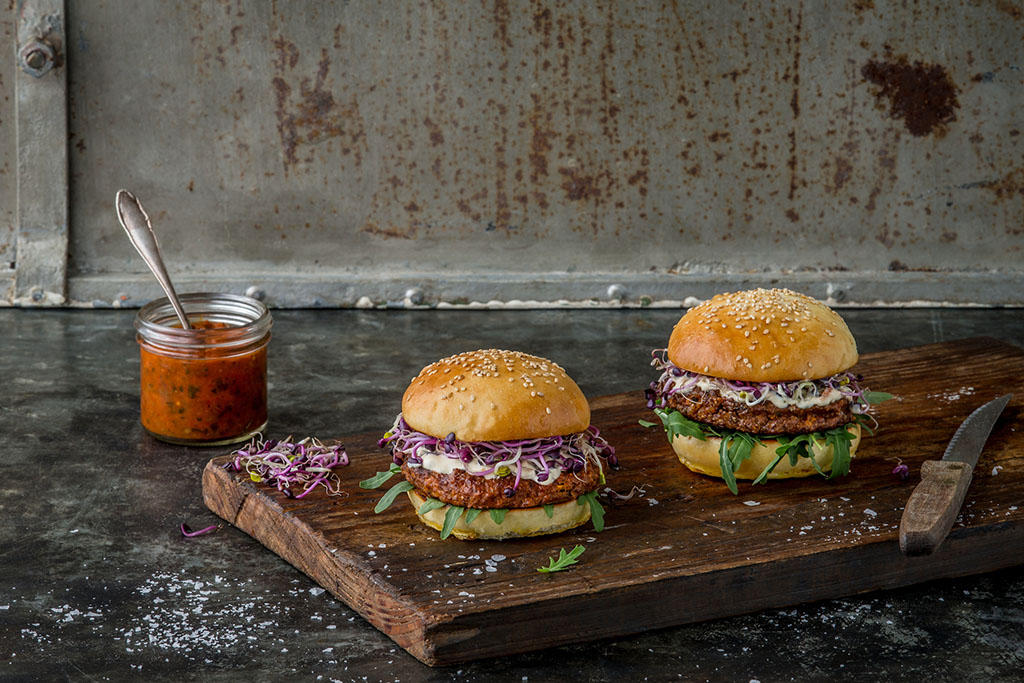
More
Insect balls and burgers go on sale in Switzerland
‘Matterhorn instead of Machu Picchu: Try going a year without flying – for our climate and the people born after us. Take short but enjoyable hops and enjoy your surroundings.’ –WWF
When he tried to do this, Swiss biologist Christoph Küffer learned a valuable lesson: “Abstaining from flying has served to increasingly focus my research work on real, local problems in this country.”

More
A year without flying – almost
‘Talk about it! Exchange ideas. Talk to friends, family, and work colleagues about your uneasiness that things cannot go on like this. Rethink old structures, try new things.’ –WWF
This past summer, consumers expressed their dismay at the use of plastic by dumping it at supermarkets around the country.
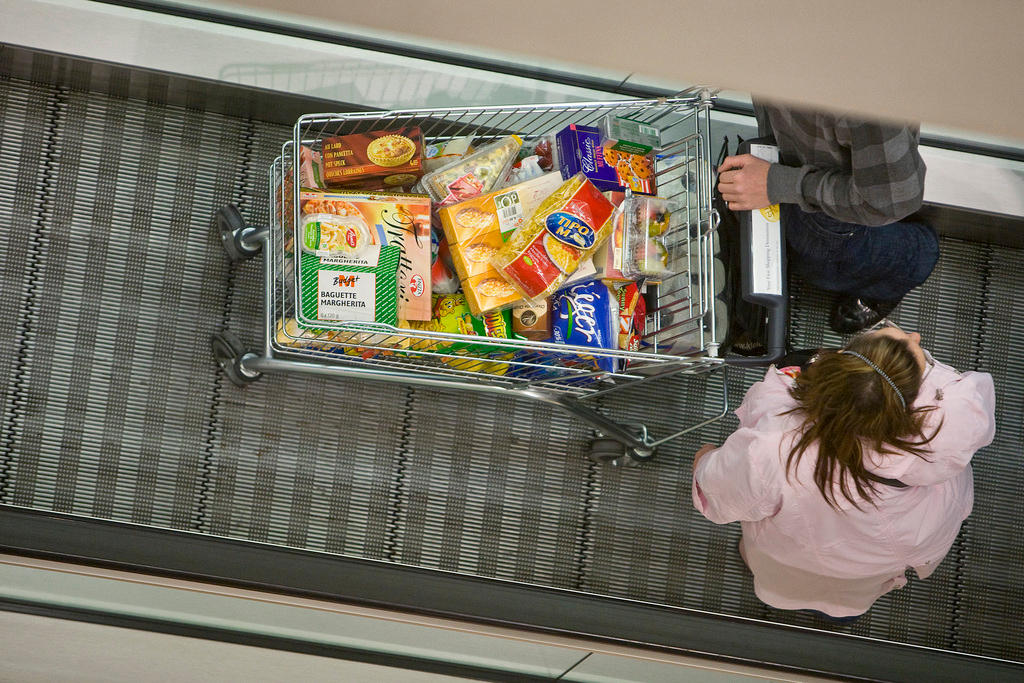
More
Migros says packaging protests will help develop its policy
‘How much CO2 do you use? Acknowledgment is the first step to recovery. Calculate your personal footprint and learn how to reduce it. Keep in mind: Not all environmental protection measures are equally relevant. Start with the most effective ones.’ –WWF
Switzerland is no model in this area since it’s using the equivalent of three planets’ resources, as WWF Switzerland pointed out this past summer.
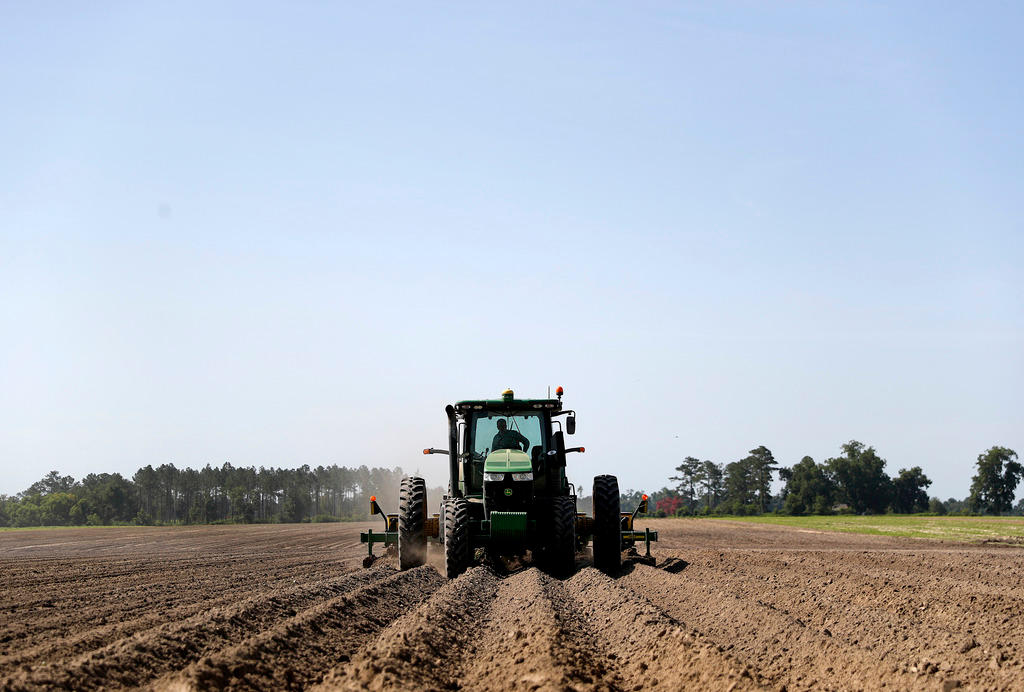
More
World poised to exhaust renewable resources for 2018
‘Become a hotel owner: Create habitats for wildlife: Insect hotels, dead tree trunks and piles of branches help beetles, hedgehogs and others.’ –WWF
In a story on biodiversity, Werner Müller, head of BirdLife SwitzerlandExternal link, highlighted the value of a green thumb: “If you have a garden, you can plant indigenous species that insects, bees and butterflies will like.”
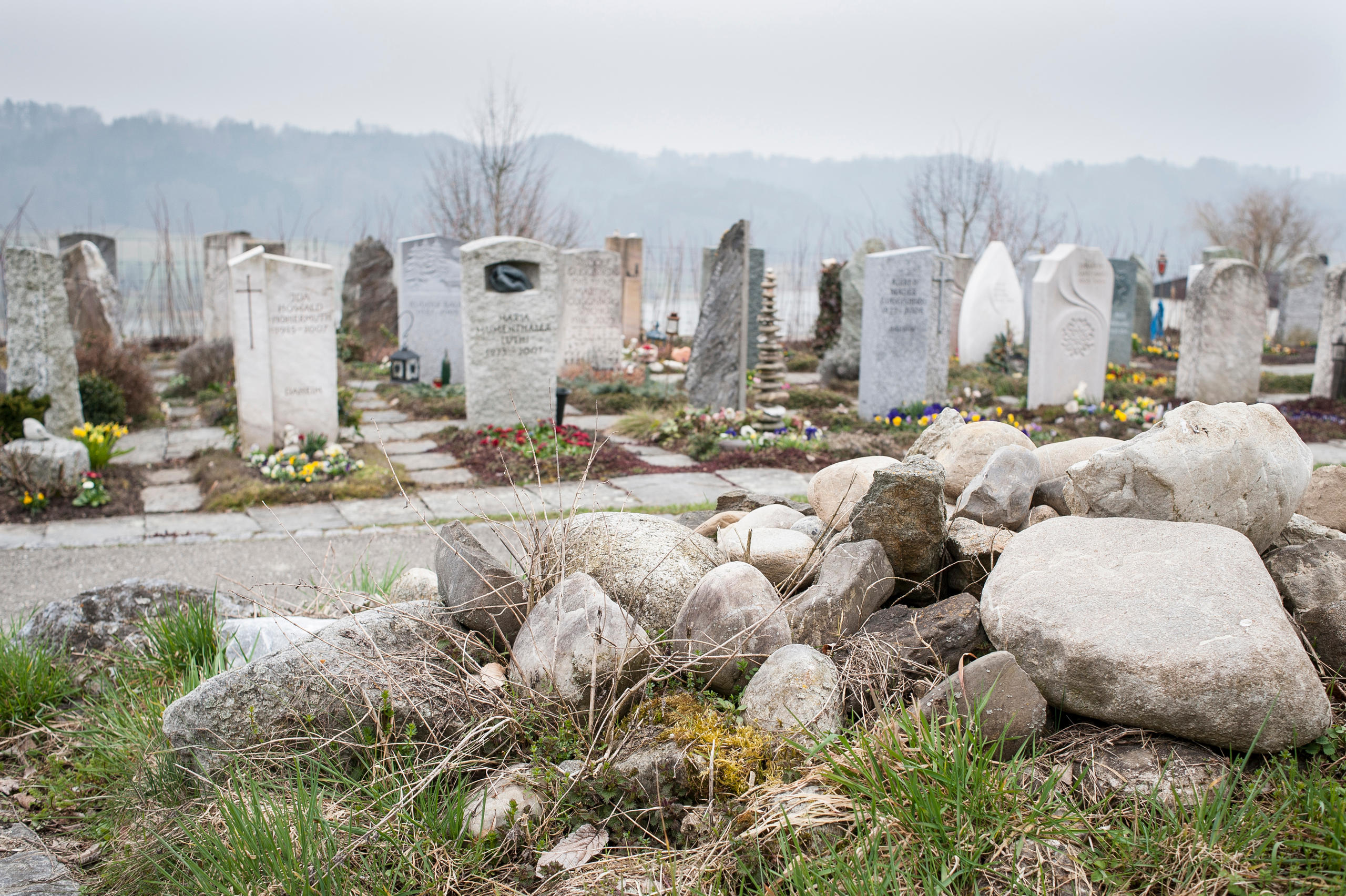
More
The dearth – and death? – of Swiss biodiversity
‘Strong power: Choose an ecologically certified product from your electricity supplier. For example, solar or “naturemade”External link hydropower.’ –WWF
Switzerland has been using solar power for over 25 years, but as this report found, it could be doing more.
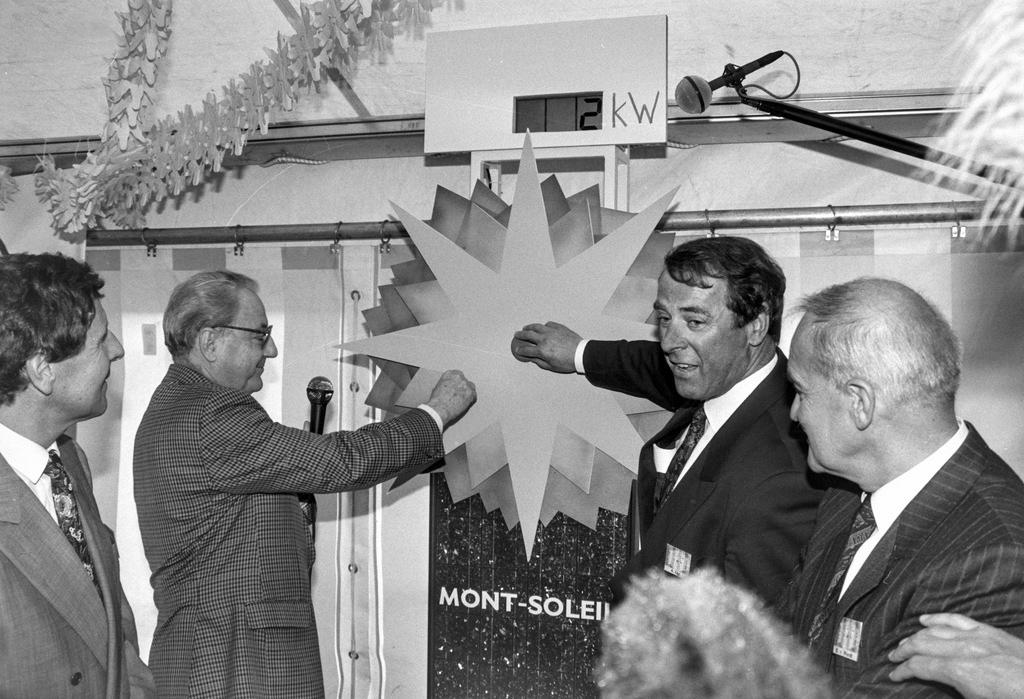
More
Switzerland celebrates 25 years of solar innovation
‘Settle for a little less? Buy things that will last for a long time and can be repaired or recycled. Swap your clothes, for example, with friends and acquaintances. What you no longer like can make others happy.’ –WWF
Fashion swaps happen regularly all over the country, as do so-called ‘Repair Cafés‘ like this one in Bern.
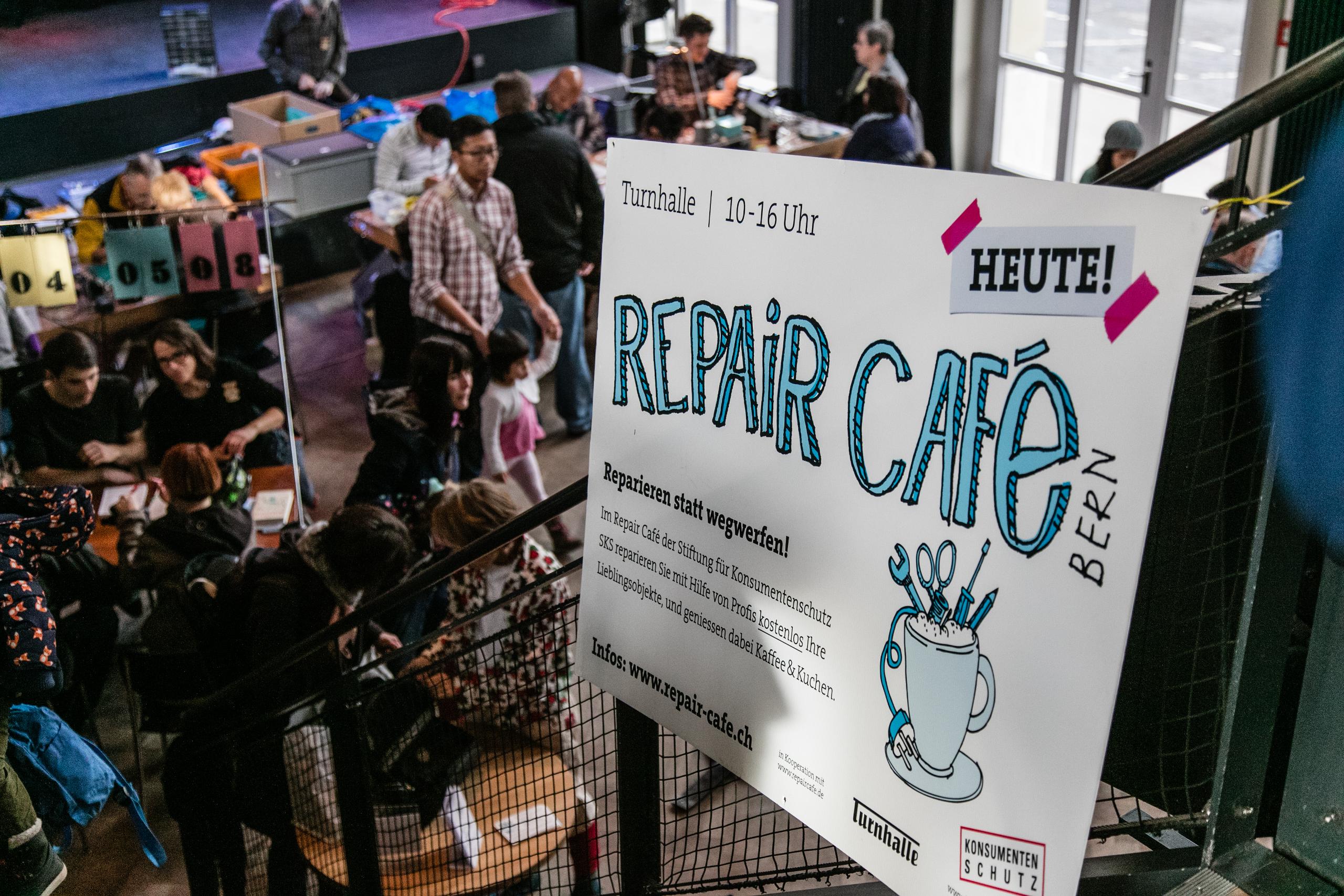
More
‘Repair café’ breathes new life into old things
‘The choice is yours: Use your voice and vote for the environment.’ –WWF
A month ago, Swiss people voted on green issues related to food and cycling. Nearly 75% agreed to promote infrastructure for bikes; however, the ethical food initiatives were far less successful.
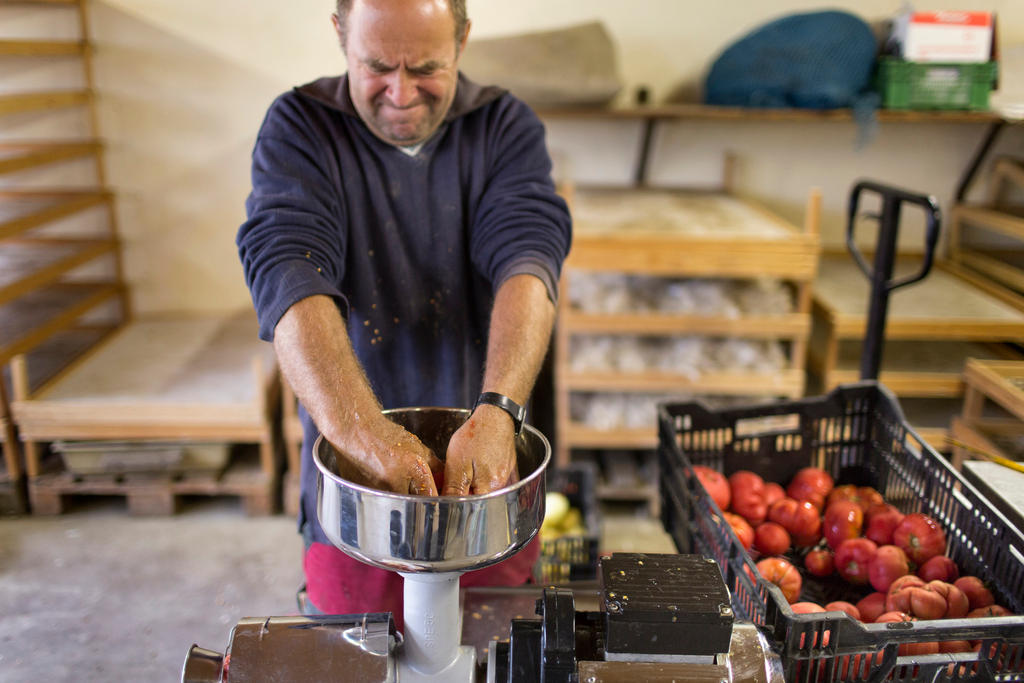
More
Ethical food proposals brushed off the table

In compliance with the JTI standards
More: SWI swissinfo.ch certified by the Journalism Trust Initiative

You can find an overview of ongoing debates with our journalists here. Please join us!
If you want to start a conversation about a topic raised in this article or want to report factual errors, email us at english@swissinfo.ch.